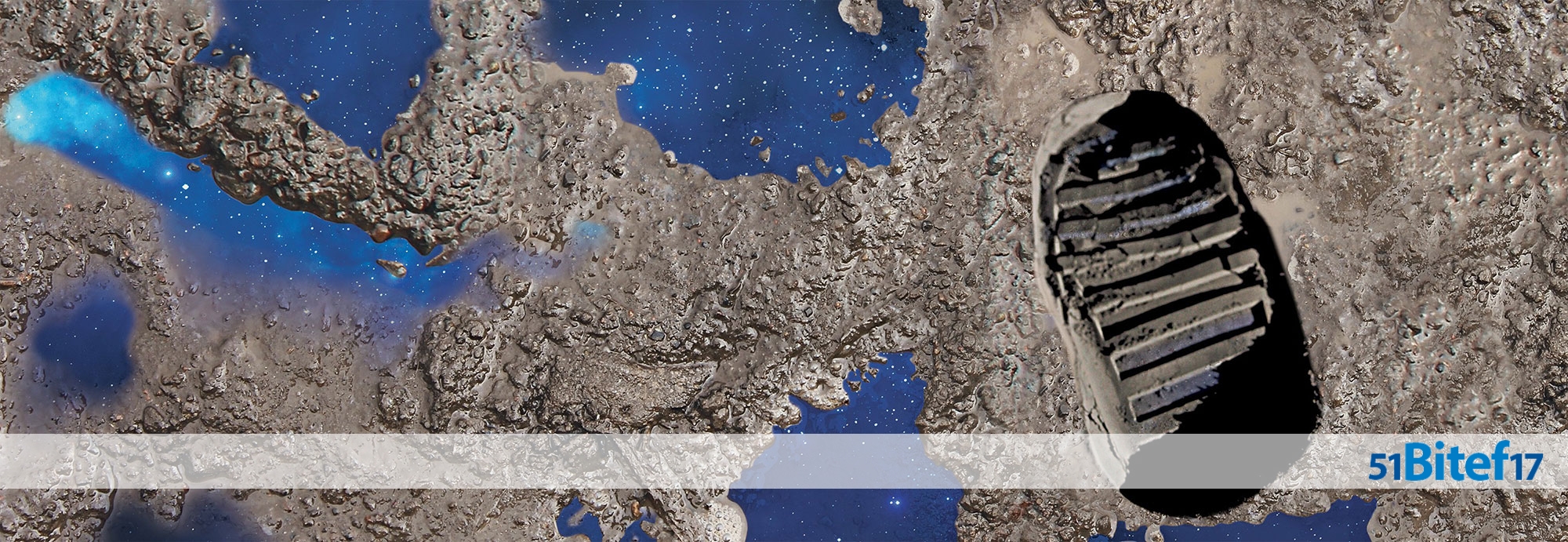The book is a joint project of the Creative Europe Desk Serbia and the Faculty of Dramatic Arts in Belgrade that organized, together with the Bitef, an international conference Bitef and Cultural Diplomacy: Theatre and Geopolitics last October. The conference highlighted the importance of Bitef as a festival at the crossroads of East and West, a platform for meeting different cultures, and it examined the work of Mira Trailović and Jovan Ćirilov, who positioned Belgrade on the world theatre and political map.
The texts in the first three chapters deal with key issues of cultural diplomacy (soft power) in the light of new geopolitical relations: the culture of fear, humiliation and hope (MoÏsi), re-examining the importance of ideology and political action that are instrumentalizing culture. Authors coming from the UK and South Africa, all the way to Argentina or Turkey, write about the challenges and risks of the modern multi/unipolar situation, deepened by the economic crisis and migrations on one side, and political populism on the other. Most of the papers deal with the role of festivals in these processes (half of them about Bitef), and with the possibilities of developing intercultural dialogue through arts, through the so-called bottom-up cultural diplomacy.
The second part of the book presents the results of “expert working tables” held for different fields of culture (music, performing arts, literature, etc.) at the initiative of the Creative Creative Europe Serbiain April 2016. In addition to promoting the Creative Europe programme, the Desk Serbia initiates projects of a broader significance for the development of international cooperation. So, the task of each working table was to make concrete recommendations for the development of international cultural cooperation (Chapter IV). Chapter V gives an overview of the international cooperation of cultural organizations of Serbia (2010-2016).

Оцените - total votes 0